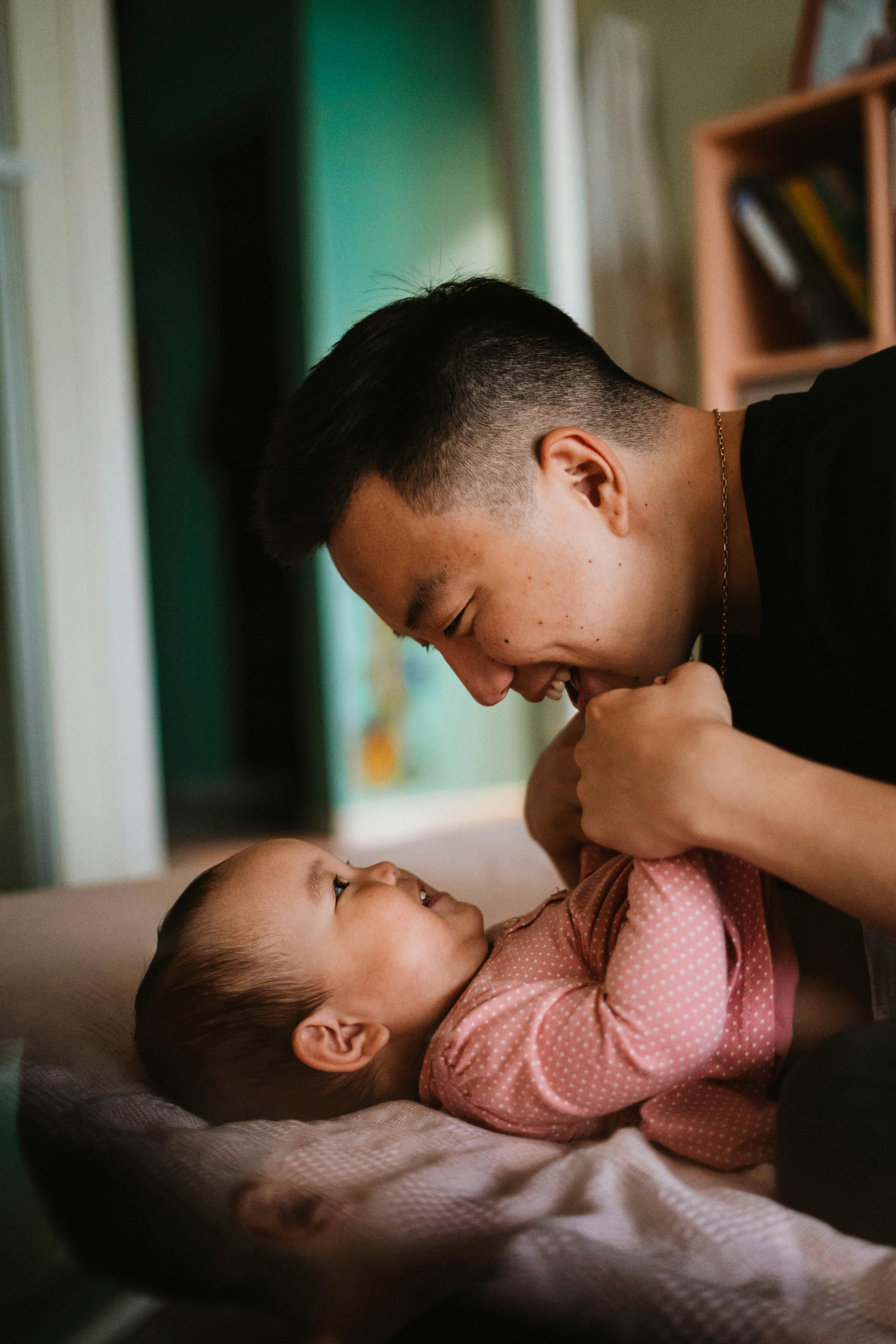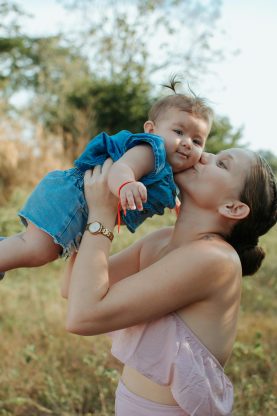Table of Contents
Creating a Safe Environment
One of the most important safety procedures for a babysitter is to create a safe environment for the children. This includes removing any hazards that could potentially harm the children, such as sharp objects, small toys that could be a choking hazard, or toxic substances. Make sure that all doors and windows are securely locked, and that the children are always supervised, especially around bodies of water or when playing outside. It is also important to be aware of any allergies or medical conditions that the children may have, and to keep any necessary medications or emergency supplies on hand.
On-Demand Childcare in Your Neighborhood
Book a Sitter
Basic First Aid Skills
As a babysitter, it is essential to have basic first aid skills in case of minor injuries or emergencies. It is recommended that all babysitters undergo a first aid training course to learn how to respond to common injuries such as cuts, burns, or falls. Be sure to have a first aid kit stocked with bandages, antiseptic ointment, and other necessary supplies in case of an emergency. Know how to perform CPR and the Heimlich maneuver in case of a choking incident, and be prepared to call 911 in case of a more serious emergency.
Emergency Preparedness
In addition to having basic first aid skills, it is important for babysitters to be prepared for any emergency situation that may occur while they are on duty. Make sure you know the emergency contact numbers for the children’s parents, as well as the address and directions to the nearest hospital or urgent care center. Have a plan in place for what to do in case of a fire, natural disaster, or other emergency, and make sure that the children are aware of the plan as well. It is also a good idea to have a list of emergency contacts, including neighbors or family friends who can be called upon for help in case of an emergency.

Communication with Parents
Effective communication with the children’s parents is key to ensuring their safety while you are babysitting. Before the parents leave, be sure to ask for any important information about the children, such as allergies, medical conditions, or bedtime routines. Keep the parents informed of any developments or incidents that occur while they are away, and be sure to follow any instructions or guidelines that they provide.
If there are any specific rules or restrictions that the parents have set, be sure to follow them closely to ensure the safety and well-being of the children.
Knowing and Following Household Rules
Every household has its own set of rules and routines, and it is important for babysitters to know and follow these rules while they are on duty. This includes knowing the children’s bedtime routines, mealtime preferences, and any other household rules that the parents have set. Make sure that the children adhere to these rules and routines while the parents are away, and be consistent in enforcing them to ensure a safe and structured environment for the children.
In conclusion, babysitting is a rewarding but challenging job that requires a lot of responsibility and preparation. By following essential safety procedures and being prepared for any emergency situation, you can ensure the safety and well-being of the children under your care. Remember to create a safe environment, have basic first aid skills, be prepared for emergencies, communicate effectively with parents, and follow household rules to provide the best possible care for the children you are babysitting. By following these guidelines, you can be a confident and competent babysitter who is ready to handle any situation that may arise.










